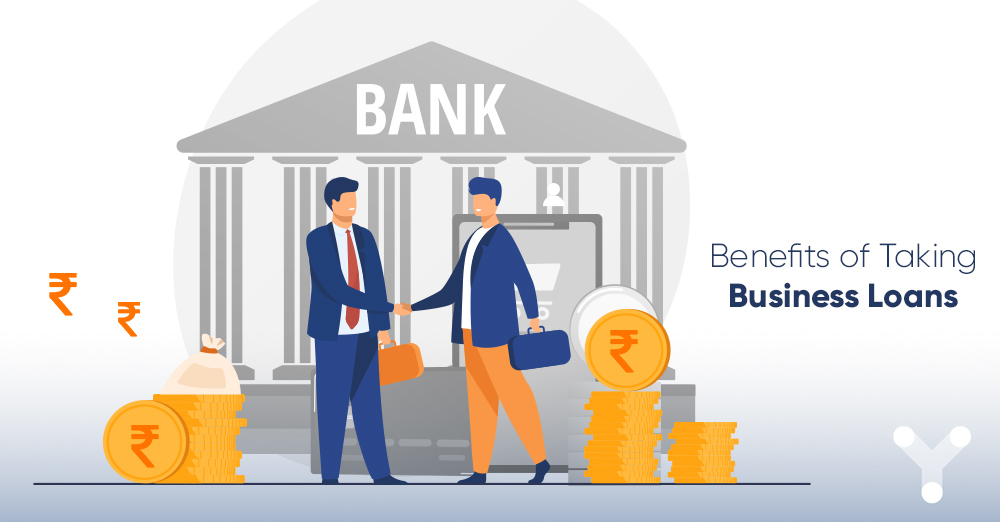A Guide to Small Business Loans – Finding the Right Financing Option

Business loans are one of many ways that small businesses finance their operations. Finding the right lender for your business can be a challenge, but understanding your options is essential.
Make sure your company has tax returns and financial statements prepared by a certified public accountant (CPA) before applying for financing. Lenders review these documents to assess your company’s profitability and financial stability.
1. Bank Loans
Bank loans are the most ideal debt-based financing option, offering competitive interest rates and long terms. However, they are difficult to obtain for newer businesses without established credit or solid business revenue and require a personal guarantee.
Those who can offer solid collateral and good credit may be able to qualify for business lines of credit, which are a revolving source of funding that works similar to a credit card, allowing the borrower to draw on a pool of money as they see fit (while paying only for what is used). Business line of credit offers more flexibility than traditional term loans, making it an excellent option for day-to-day expenses or as a “just in case” emergency fund.
If you’re looking for startup or small-business loans, there are many options out there, including nonprofit microlenders and online lenders. It’s important to compare loan offers, APR, terms, qualifying criteria and fees before deciding on the best business financing solution for your needs.
2. Lines of Credit
Unlike traditional term loans, which require a lump sum that you pay back over time with interest, business lines of credit let you borrow funds repeatedly until your balance is zero. These financing products are typically unsecured (they don’t require collateral like a mortgage or vehicle loan) with limits of $100,000 or more.
Lines of credit are most commonly offered by credit unions and small banks. They may also be available from lenders that focus on a particular type of business or industry. They have more flexible terms than payday or pawn loan options, including lower interest rates.
You’ll need to meet a lender’s requirements for eligibility, which may include providing a business plan and cash flow details. Some lenders allow you to link your bank accounts directly and qualify online, while others offer more in-person applications or phone consultations. You’ll have to make timely minimum payments and pay interest on what you borrow, just as you would with a credit card.
3. Equipment Financing
If you need a new backhoe, credit card processing software or six-speed blender for all those sales guys who do Crossfit after work and can’t function without their morning protein smoothies, there’s a business loan out there that can help you finance it. Just remember that any big investment should be part of a thorough capital budgeting exercise and that you may want to consider alternatives like invoice factoring, merchant cash advance or angel investing first.
With equipment financing, you present the lender with a quote for the equipment you want to purchase; they run through your business and personal financial profile to see if you qualify; and then front you up to 100% of the cost of the equipment in return for a lien on that specific piece of equipment as security for the debt, along with monthly payments and interest rates that vary by lender.
Qualifications for this type of financing can be strict and terms can be long, but you can find lenders online, with local banks, and through the Small Business Administration’s 7(A) loan program.
4. Crowdfunding
Crowdfunding is a way for small business owners to seek funds from a large group of people, rather than individual investors. There are many different types of crowdfunding, and each has its own benefits and risks. For example, equity-based crowdfunding involves selling shares of your business to investors, while debt-based crowdfunding requires you to pay back the money you raise.
In reward-based crowdfunding, business owners give backers a product or service in exchange for their contributions. Other forms of crowdfunding include donation-based, in which business owners ask for donations to cover startup costs or launch a project without incurring debt or offering shares or equity; and loan-based, in which businesses seek funding from individuals who are interested in lending their own money.
No matter which type of financing you choose, it’s important to research your options thoroughly. Xero’s guide to business loans and financing can help you find the right solution for your business. Click here to get started.